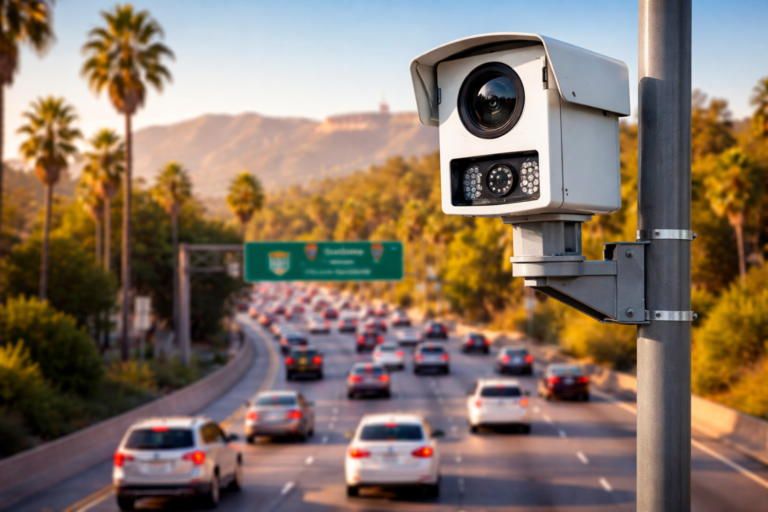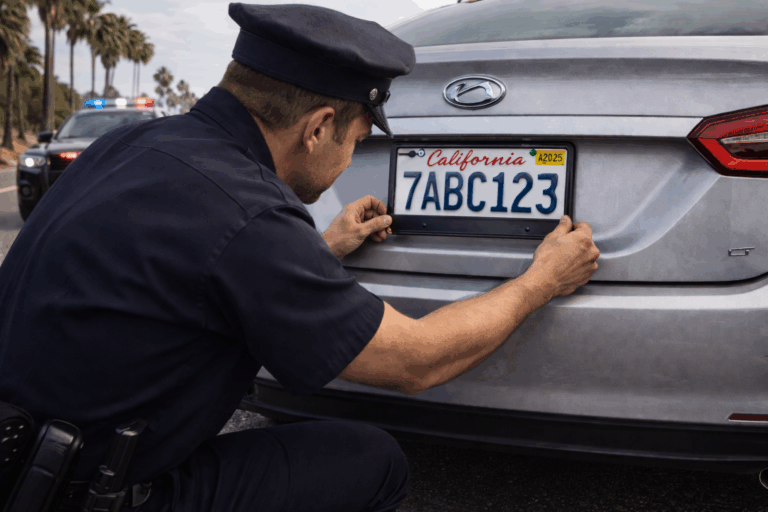The California Department of Motor Vehicles (DMV) can issue a drivers license medical suspension if a person has a physical or mental health condition that affects his or her ability to drive safely. If you feel your license has been suspended in error, a suspended license lawyer can advocate on your behalf.
If you want to contest your California medical license suspension, you have the right to request a hearing within 10 days of receiving the suspension notice. This hearing, also known as a physical and mental evaluation, includes a driving test, vision and hearing test and full discussion of your medical status. Instead of a suspension, you could receive your license back or you could be granted a probationary license.
What Conditions Result in a Medical License Suspension?
You may have your California drivers license suspended for medical conditions if you have any health issue that impairs your ability to safely operate your vehicle. Common examples include:
- Stroke and/or the residual disability associated with stroke
- Disability associated with a chronic health condition such as diabetes or heart failure
- An uncontrolled seizure disorder
- Dementia or Alzheimer’s disease
Will My License Automatically Be Suspended?
Are you wondering is my license suspended California? If you have a medical condition such as Alzheimer’s or epilepsy that is characterized by lapse in consciousness, your doctor is required to make a report to the DMV.
For other health conditions, the doctor has the discretion to decide whether to make a report depending on whether he or she feels your driving skills are impaired. Concerned friends and family as well as law enforcement officials can also make a report to the DMV if they are worried about a motorist’s ability to drive safely because of a health problem.
What Does the DMV Consider To Be a Lapse of Consciousness?
The State of California does not necessarily require a condition to create total unconsciousness to qualify as a lapse of consciousness for driving purposes. Instead, the definition used in relevant law is a “marked reduction of alertness or responsiveness.” That means a medical license suspensioncould be initiated for some conditions where the patient does not experience a full loss of consciousness. Epilepsy is one of the most obvious examples, and one named in many resources on the topic, because seizures can manifest as a fugue state or prolonged confusion in addition to a full blackout with other symptoms. Even a brief fugue can spell disaster on the road under the wrong conditions, which is why the state requires the reporting of certain conditions by medical professionals. Other conditions that produce similar bouts of confusion can also result in a suspension under this definition, not just the ones discussed in this article, and many drivers find themselves receiving notices of medical suspension when they do not necessarily expect them.
What To Expect at a Lapse of Consciousness DMV Hearing
The format of the hearing is much like other evidentiary hearings in the way that the physical evidence of those tests is used in combination with testimony. California takes reckless driving seriously, and medical suspensions are designed to reduce the chances of one driver endangering another. That’s why one of the major components of this kind of hearing is your testimony when questioned about how your condition impacts your ability to drive. There are many conditions that only produce lapses of consciousness that would be dangerous for a driver under certain conditions, and the key to getting a probationary license or full restoration of driving privileges is your demonstration that you do not experience the symptoms that led to a concern.
Before contesting your California license suspension, hire a qualified traffic ticket lawyer to help build your case as a safe driver. He or she can provide the necessary documentation to argue for license restoration, including medical records and clinical research.



